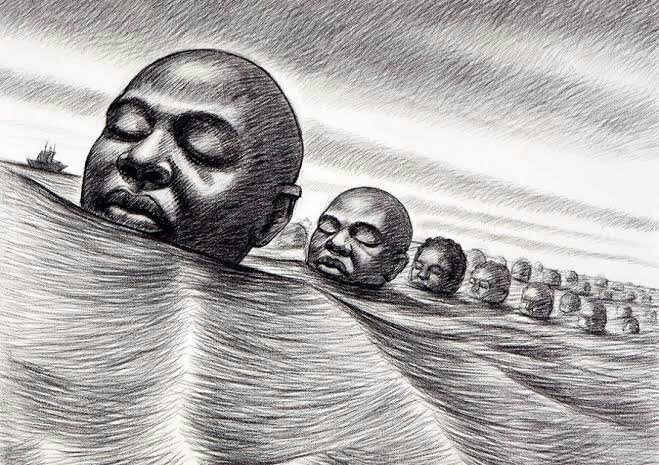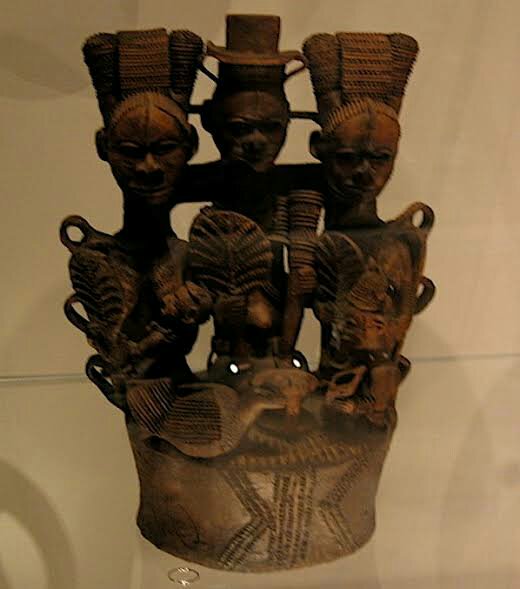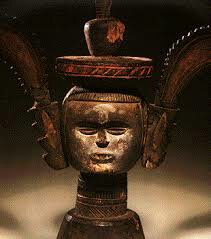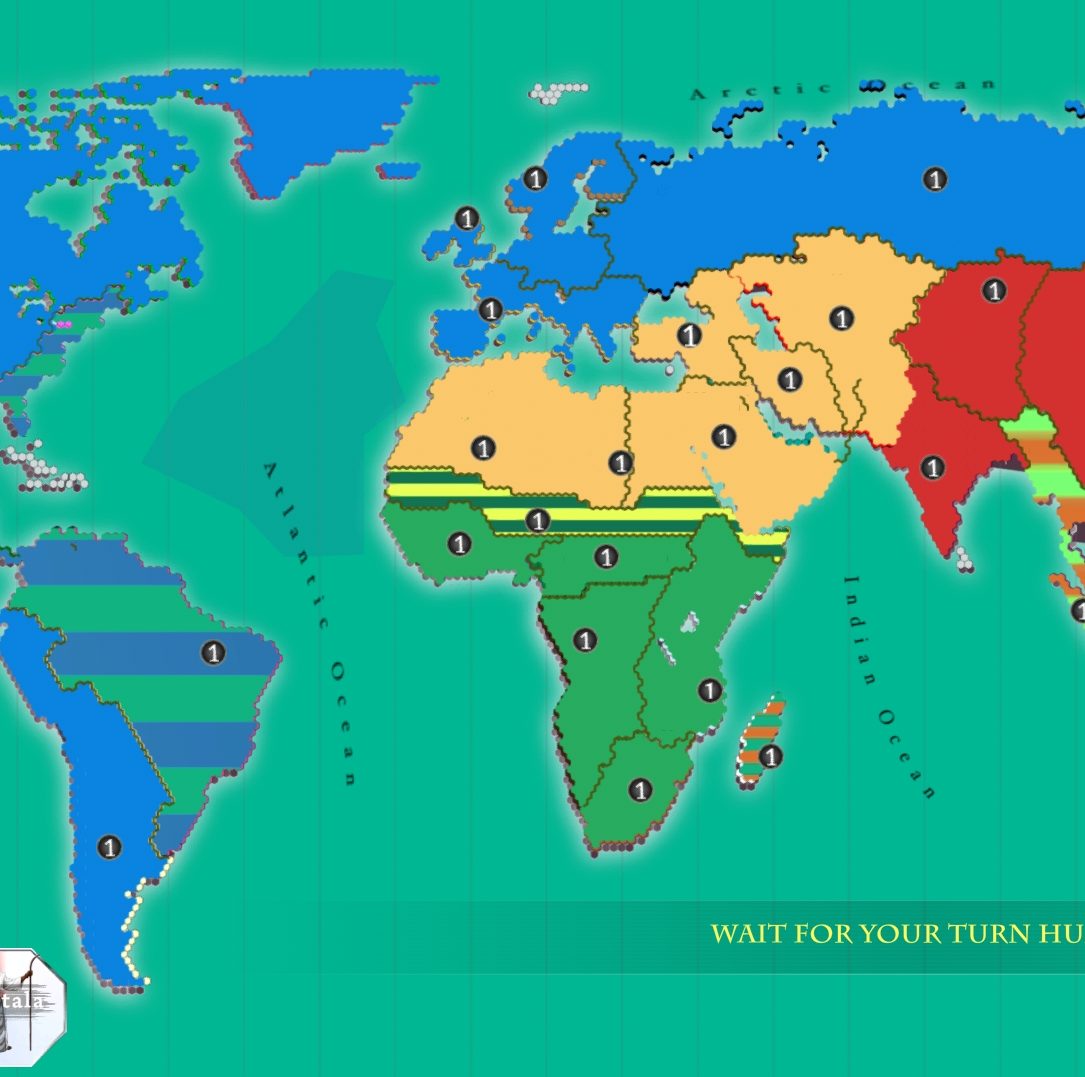
Fulanis claim born to rule while Igbos claim born to be republicians. These perceptions influence the collective aspirations, sometimes positively or negatively. Wrong perceptions formed over time are usually difficult to change, especially when the real cause is not identified in the larger picture.
Looking back in history, we can trace both perceptions to the 15th century regional destabilizations caused by the advent of the European. Following the 1276 reversal of Islamic Moor domination of Europe and the 1415 securing of the first European foothold in Ceuta Morocco, the economic and political space of Afro-Asians began to be squeezed. This agitated the Fulani in Futa Jallon to find a new economic center, away from the ports of Morroco to the Black heartland. If they could no longer control the trade routes and outlets, the only choice was to control the source.
Over time the Fulani moved to the largest Savannah population, Hausaland, bordering the core and largest conglomeration of Original African peoples. Following the global economic and political trends, the Fulani partook in slavery and were quick to colonize territory in the early 1800s just before the European scramble for Africa started in the late 1800s. This preemptive action gave them a platform to deal with the colonizing Europeans and earned them the privilege of indirect rule, in cohort with their European cousins. The born to rule complex is tied to European colonization and neocolonialism.

Igbo’s born to be Republican complex is at the opposite spectrum of the Fulani reaction to European induced slavery and colonization. As noted the advent of Europeans in the mid 1400s caused great destabilization across the West African region, from the Fulanis that had to relocate due to the blocked Moroccan ports, to the resurgence of Afro-Asiatic Islamization in Hausa land.
However, the worst experience was reserved for Yoruba and Igbo, the two largest Original African groups, whose peoples were the main target for the transatlantic trade, and whose space was to be constricted by the ripple effects from Sahel that made people move towards the rainforest Black heartland.
The Borgu and Nupe Islamists moving downstream River Niger and from the North, attacked Oyo empire, making the royal court relocate to Igboho where it designed a new military system under the stool of Aare Onakankanfo. For the next 250yrs, Oyo was able to survive and actually grew into an empire by joining the arms for slave race. It was able to withstand attacks from its southern and western Dahomey neighbors. For the time being, the successful defense of Yorubaland earned its leadership continued support and reverence until European colonization when it began to wane.

Igbos were not so lucky since their main kingdom, Nri didn’t have direct maritime access to weapons supply and soon collapsed. Ndigbos were attacked and raided from all sides – the Igalas from the North with arms gained from the Niger trade, Edos from the West, Ijaws from the South and Ibibio from the East. This cannibalization of Ndigboland resulted in anarchy and loss of faith in political leadership.
Igbos like all other human groups had socially organized with priest-kings, known as Eze, chosen according to the dictates of the 16 sector Original African information retrieval system, Afa/IFA, like all other Niger-Congo ethnolinguistic groups in the region.
Though it is debatable whether the loss of confidence in Igbo cultural institutions had an effect on their collective aspirations and political unity in the Americas, it definitely had a negative effect in the colonization phase that required collective bargaining as exhibited by the Fulani, and to a lesser extent, the Yoruba. While leaving the Northern Protectorate over bloated, the Southern Protectorate was divided into East and West thus driving a schism between Original African peoples to prevent effect unity to challenge the Northern Afroasiatic Protectorate and securing the release of Original African peoples to enable a well balanced structure.
Though Nnamidi Azikwe is credited to be the father of the Black movement in Nigeria, his lack of traditional and cultural backing was a disadvantage, as Awolowo with the backing of Yoruba cultural leadership was able to gain an upperhand. The Yoruba cultural leadership couldn’t bargain and unite the cultural leadership in the south due to the vacuum caused by the 1500s regional destabilization that devalued Igbo cultural leadership.
The independence was won on shaky grounds and soon reversed by Western inspired coups. Due to the lack of a bonafide cultural leadership, foreign interests were able to prop up individualistic leadership that served their interests. There was no way a Yoruba could single handedly take Yorubas into war without the backing of at least the Ooni or Alaafin, but this was not the case with Igbos and Ojukwu, armed by France to fight a proxy war against the Northern counter coupists. Once the aim of reinstating the indirect rule with Fulanis was achieved, the West withdrew support and the millions of Igbo lives wasted was disregarded as collateral damage, as Ojukwu fled to Ivory Coast, the French African head office.
However, the myth of republicanism continued to rob the Igbo of unity amongst themselves and with others. Naturally, you only trust a leadership that can protect and provide for you, which is why the Afroasians kept their allegiance to their cultural leadership that had steered them away from imminent extinction in Senegambia to the land of plenty in Nigeria.
This lack of cultural leadership and loss of faith in cultural foundations of the second largest original African group was to become an albatross on the neck of the Black Race, as there was no strong leadership that could lead the people to the negotiations table with other original African groups to build strategic alliances based on common genetic and cultural origins.
The tag of republicanism was a Eurocentric misnomer since even the Republicans of US that popularized the term pay obeisance to the Queen, while the French still regarded the Pope as their cultural leadership.
Now, following two 250yr trends of global structural adjustments, the Black Race, especially Original African groups have reached a point of unite or be destroyed. A strong alliance can only be built on an original African cultural platform and not political slogans/aspirations against culturally united and aggressive Afroasians and Europeans. Politicians, who are naturally short term and mercenary in nature can not give birth to a sustainable strong Original African alliance, so Igbos can only rely on their cultural custodians, not the Ojukwus and Kanus that have the option of running away if the heat becomes too much.
Efforts have to be made to increase the collective intelligence of Igbos about their cultural foundations and leadership. All Original African groups must must be made to realize that there are only two cultural spheres in Nigeria and across Africa – the minority but powerful articulated Afroasians versus the unarticulated Niger-Congo ethnolinguistic groups who all share the same origins. While Igbos must be corrected over the values of cultural leadership, which is not only about flamboyance and tyrannical inclinations, but serve as a rallying point to push collective aspirations.
Order is necessary for advanced social organization, for example the different sects of Christianity have different forms of leadership from the Pope to the Queen of England to Daddy GO of Pentecostals. It is not about the trappings of office but the ability to steer membership and keep them in touch with the foundations and binding factors of the Biblical Christ. The same applies to Original Africans that regardless of the symbolism of our priest kings from Ooni of Ife, Attah of Igala to Eze, they are all chosen on the same template of IFA/Afa/Iha, the only source of their cultural identity. Therefore the Ndigbo must back and empower their cultural custodians, the Obis and Ezes, to form long term strategic alliances with the rest of the 700 million strong Original African family.
It is not a thing of pride to claim one has no elder or leader, because it means that you are a loose string with no guarantees to form a social contract. Ultimately, na condition make crayfish bend and no group was born with special political traits but were imbued by reactions to environmental challenges.








